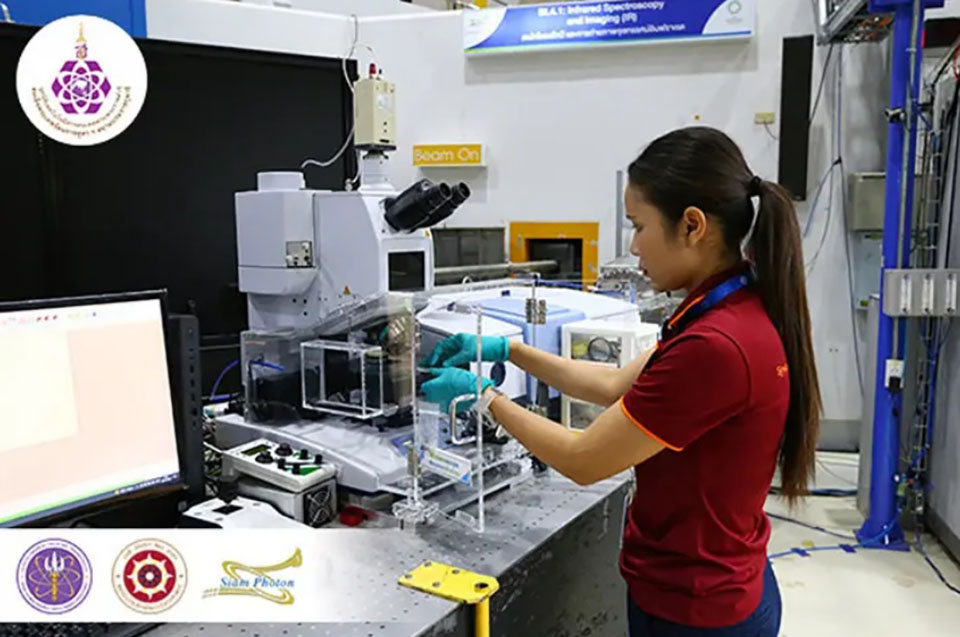
Thai scientists have discovered contamination from fossil fuel combustion in sediment samples from Antarctica’s King George Island, raising concerns over pollution in one of the world’s most pristine environments. The findings were obtained at the Thai Synchrotron National Lab in Nakhon Ratchasima province, where the samples were analyzed using SR-FTIR microspectroscopy, a technique that distinguishes between organic and non-organic substances.
The research, conducted by Prof. Siwatt Pongpiachan, director of the NIDA Center for Research and Development of Disaster Prevention & Management, and his team, revealed that 44% of the soil composition contained organic compounds from fossil fuels. These pollutants are primarily linked to electricity generation and machinery emissions. In contrast, only 25% of the samples consisted of natural organic compounds from sources like penguin waste and decomposed vegetation.
Higher levels of contamination were noted in areas with human presence, such as research stations and the local airport, showing the impact of human activity even in remote and protected areas like Antarctica. Prof. Siwatt expressed hope that these results would support the implementation of stricter controls on fossil fuel use in the region to maintain its cleanliness and ecological integrity.
This research is part of ongoing efforts under the Chinese National Antarctic Research Expeditions (CHINARE), with Thai scientists participating annually since 2016 in studies aimed at understanding climate change impacts on the icy continent. (NNT)








